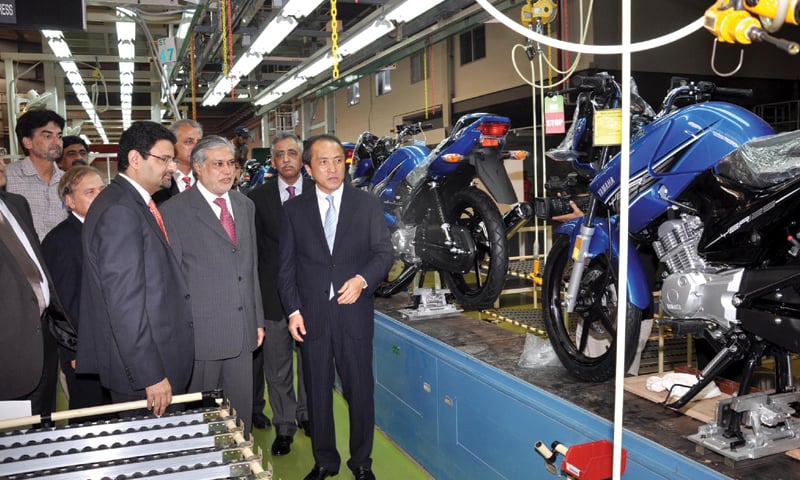Yamaha Motor Pakistan Ends Bike Assembly Operations
Karachi: In a major development for Pakistan’s auto industry, Yamaha Motor Pakistan Ltd (YMPL) has officially announced the discontinuation of its motorcycle assembly operations. The decision marks a shift in the company’s business strategy after years of struggling in a competitive market.
Continuation of Spare Parts & Warranty Services
According to a notification shared on the company’s official website and circulated to its authorised dealers, Yamaha confirmed that:
-
Spare parts will continue to be supplied through its dealer network.
-
Adequate stock will be maintained to meet market demand.
-
Warranty services and after-sales support will remain available under the existing schemes.
Yamaha’s Journey in Pakistan
Yamaha introduced four motorcycle models in Pakistan, priced between Rs429,500 and Rs493,500. The popular YBR125, which was initially launched at Rs129,400, eventually rose to Rs471,500 due to currency depreciation and higher production costs.
In 2012, Yamaha announced a $150 million investment in an assembly plant at Bin Qasim Industrial Park, Karachi. The plant was projected to produce 45,000 units annually with an 85% localisation target within a decade. Initially, the company started with 25% localisation and employed about 200 workers.
The company’s production peaked in FY19, when 24,811 units were assembled and 23,610 units sold — its highest performance in Pakistan. However, sales declined sharply, dropping to 4,300 units assembled and 5,709 sold in FY25.
Why Yamaha Struggled
Despite slight improvement in mid-FY25, Yamaha could not maintain its market share. Industry experts point to several factors:
-
High prices compared to demand for budget bikes in the Rs100,000–150,000 range.
-
Strong competition from Honda, Suzuki, and Chinese bike makers.
-
Low localisation, which kept costs high due to reliance on imported parts.
-
Practicality issues, as Yamaha’s models were seen as less suitable for families compared to larger bikes.
According to dealers, declining consumer purchasing power pushed buyers towards more affordable models, limiting Yamaha’s appeal.
Industry Impact & Future Outlook
“The closure of a Japanese assembly plant is worrying for vendors and dealers nationwide,” said Mohammad Sabir Sheikh, a Yamaha dealer at Akbar Road.
Currently, only 10–12 out of 70 licensed assemblers remain active in Pakistan, with many smaller players shifting focus towards electric bikes (EVs). Even Atlas Honda, the market leader, has begun exploring EV models.
Despite Yamaha’s exit, Pakistan’s overall motorcycle production rose to 1.692 million units in FY25, compared to 1.234 million in FY24, showing continued demand in the sector.

